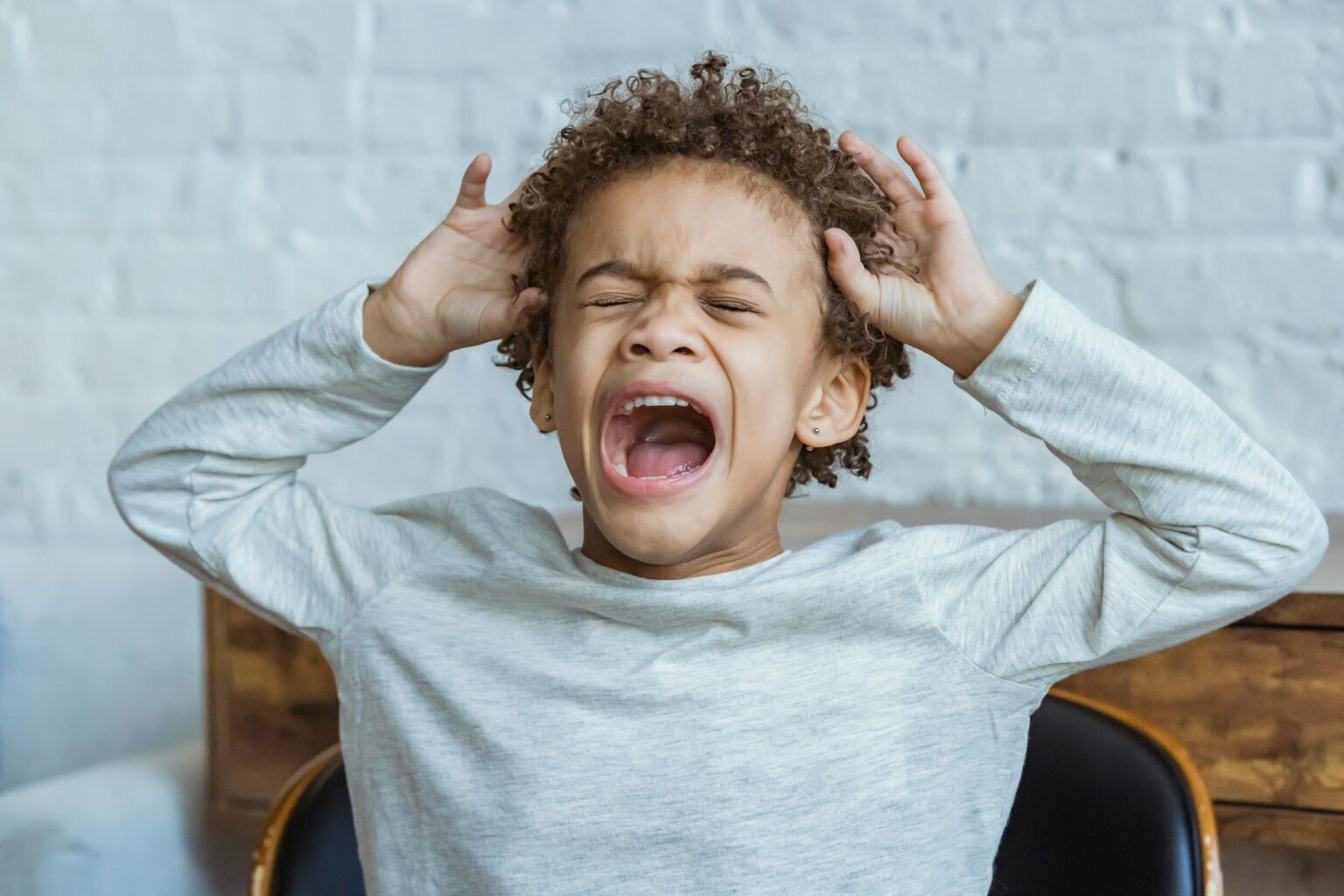Child anxiety is a growing concern for many parents. Anxiety disorders can deeply affect various aspects of a child’s life, including their education, relationships, and development. Parenting support is key to helping your child manage these challenges effectively. Here are helpful strategies to create a supportive environment and equip your child with practical coping techniques:
Create a Supportive Environment
A calm and predictable home environment can reduce child anxiety. Establishing stable routines, such as regular family meals, consistent bedtime schedules, and predictable daily activities, helps children feel secure and maintain emotional balance. It is also helpful to monitor environmental triggers that may heighten a child’s anxiety. For instance, limiting their exposure to overstimulating situations, such as crowded spaces or stressful news stories, may create a more stable atmosphere. Providing a physical space for relaxation, like a quiet corner equipped with soft lighting and calming items, can further support your child’s sense of security.
Use Effective Communication Strategies
Open dialogue and active listening are fundamental when supporting a child with anxiety. Encourage your child to express their feelings without the fear of judgment. Phrases like “I’m here to listen if you’d like to talk” can help them feel comfortable sharing their thoughts.
Active listening involves focusing entirely on what your child is saying and reflecting their emotions to show understanding. For instance, responding with “It sounds like you’re feeling scared about the test tomorrow” validates their emotions while opening the door for further discussion. It can also help to avoid dismissing their concerns as insignificant. Instead of saying, “That’s nothing to worry about,” try framing your response to acknowledge their feelings while fostering problem-solving.
Apply Practical Coping Techniques
Teaching your child coping strategies is key to helping them manage anxiety disorders effectively. Relaxation exercises, such as deep breathing and mindfulness techniques, may help regulate their emotional and physical reactions. Guiding your child to practice slow, steady breaths during moments of distress can reduce overwhelming feelings.
Mindfulness exercises, such as practicing gratitude or focusing on present sensations, can teach your child to engage with the present moment rather than dwelling on future worries. Apps and guided audio recordings often provide accessible mindfulness resources tailored for children. Problem-solving skills are another helpful tool for coping with anxiety. By breaking challenges into smaller, manageable steps, children learn to address stressful situations systematically. For instance, encouraging them to write a list of tasks they need to prepare for a school project and tackling each one step-by-step diverts their focus from the overall pressure to achievable goals.
Collaborate with Professionals
Professional intervention may be beneficial in supporting a child struggling with anxiety disorders when symptoms persist or worsen. Recognizing when to seek help is key. Signs such as avoiding daily activities, physical symptoms like headaches or stomachaches, or disruptions to academics or social life may indicate the need for expert assistance.
Collaborating with licensed mental health professionals, such as child psychologists or counselors, can provide tailored strategies and structured approaches. They may conduct evaluations to identify specific anxiety disorders and recommend evidence-based treatments, such as cognitive-behavioral therapy or play therapy for younger children. These personalized treatment plans address the root causes of anxiety and equip children with adaptive coping techniques.
Get Expert Help for Anxiety Disorders Today
Supporting a child with anxiety with practical strategies and professional guidance can help them learn to effectively manage their symptoms and thrive. Establishing a supportive environment, fostering open communication, teaching coping tools, and knowing when to seek expert help are key to providing meaningful parenting support. Get expert help for anxiety disorders by booking an appointment with a psychiatrist for specialized care.
